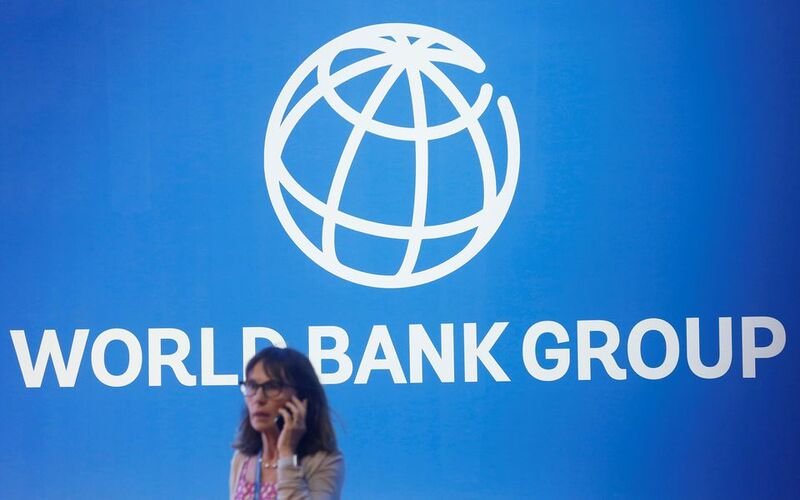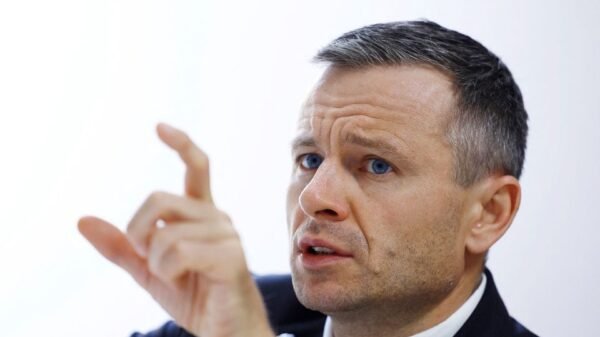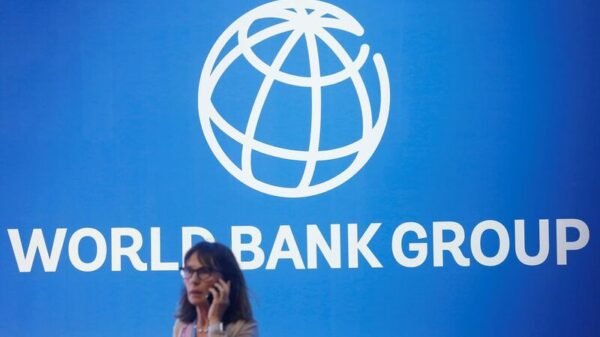In its regular biannual economic report for the Western Balkans on Tuesday, the World Bank said the economies of the six nations are resilient despite GDP growth expected to decline to 2.6% in 2023 and persistent price hikes.
The bank stated Albania, Bosnia, Kosovo, Montenegro, North Macedonia, and Serbia had exceeded pre-pandemic growth levels despite Russia’s invasion of Ukraine, rising energy and food costs, unfavorable weather, and tightening financial circumstances.
Private consumption, exports, and state investment will drive development in certain countries. Still, the research said the region has to create buffers to brace for future shocks and implement supply-side reforms for more sustainable and greener growth.
“To continue weathering the storm presented by multiple economic shocks, countries can achieve high returns by pursuing reforms that boost productivity over the medium term, such as accelerating regional integration, increasing levels of market competition and attracting higher quality investments,” said Xiaoqing Yu, World Bank country director for the Western Balkans.
The bank said food inflation in the Western Balkans averaged 20% in 2022, reaching a two-decade high. Price pressures remain strong in early 2023, needing more monetary policy tightening.
Despite government energy crisis support measures, increasing costs have hurt low-income households, slowing poverty reduction.
In September 2022, employment growth peaked at 47%.
The research stated that lower external demand and reduced fiscal headroom might limit exports and remittances.






































Comment Template